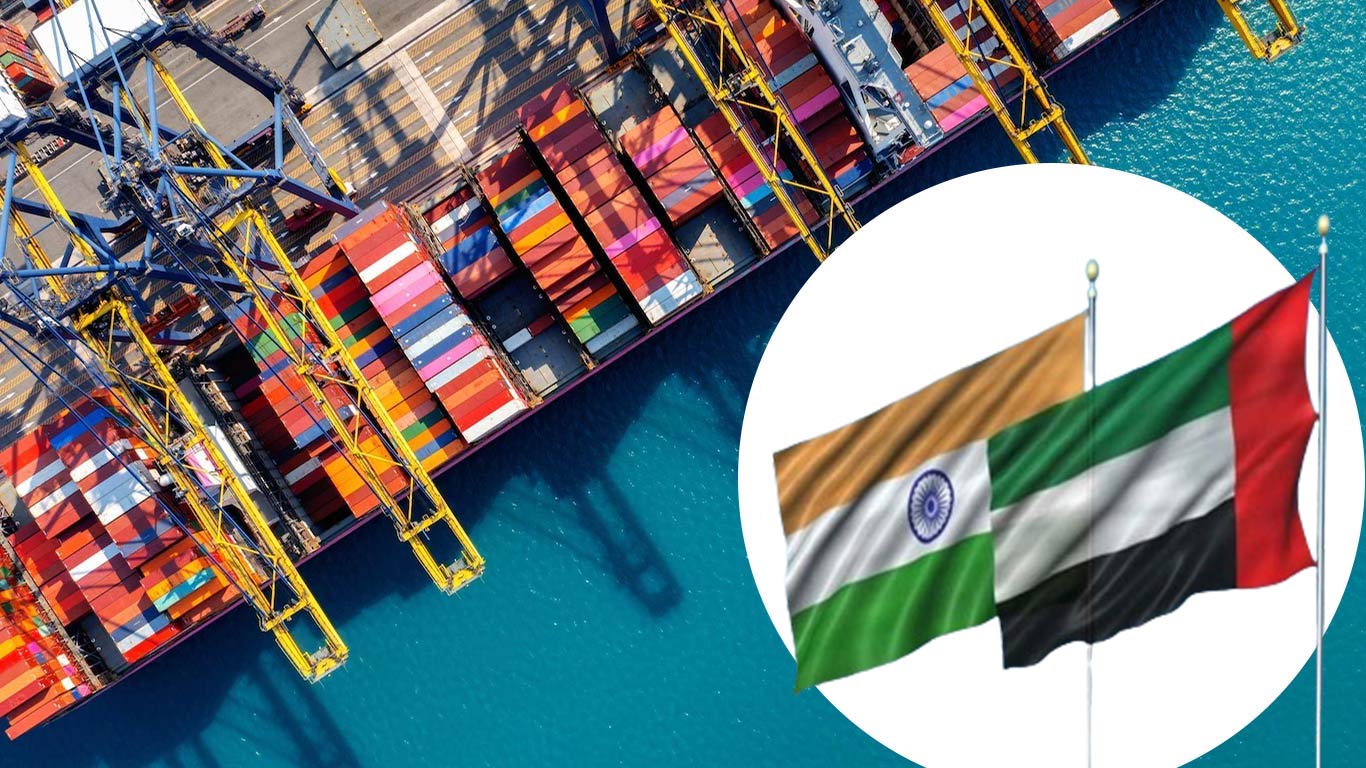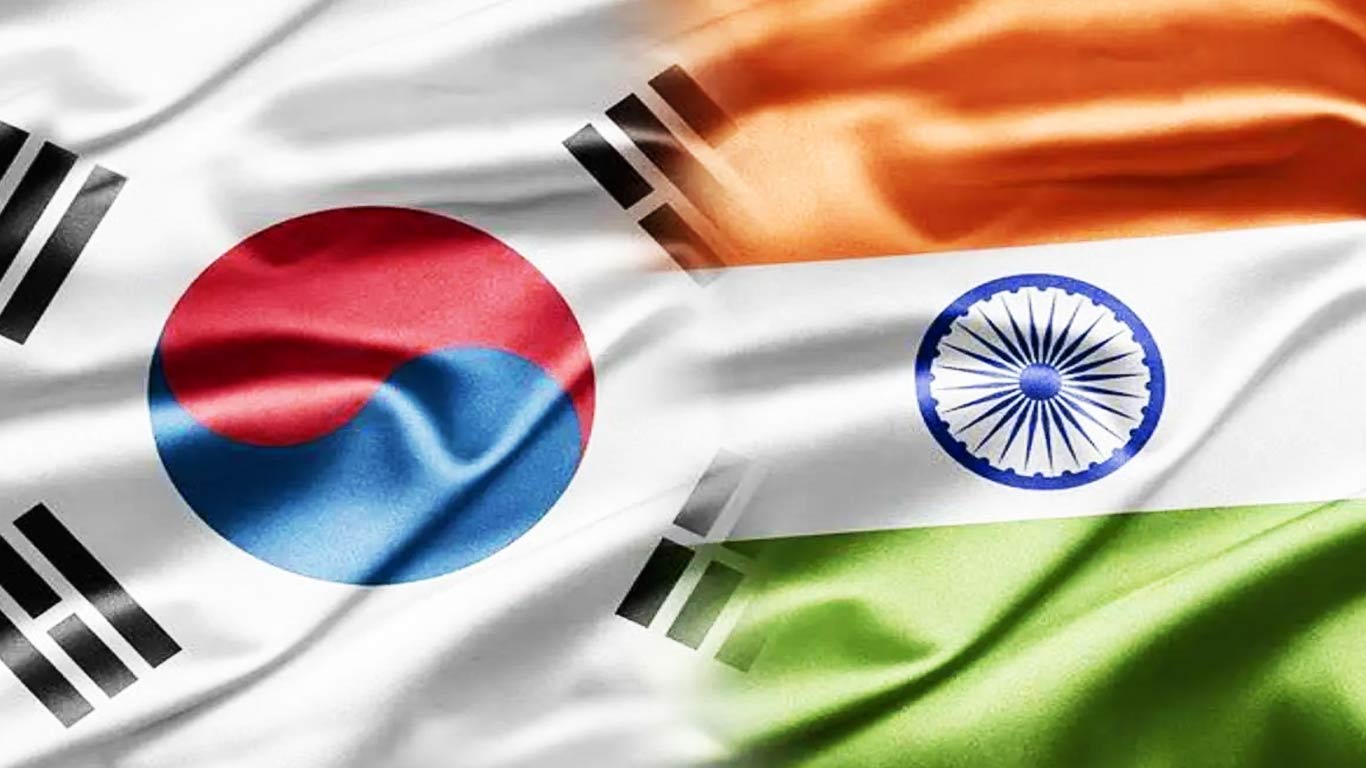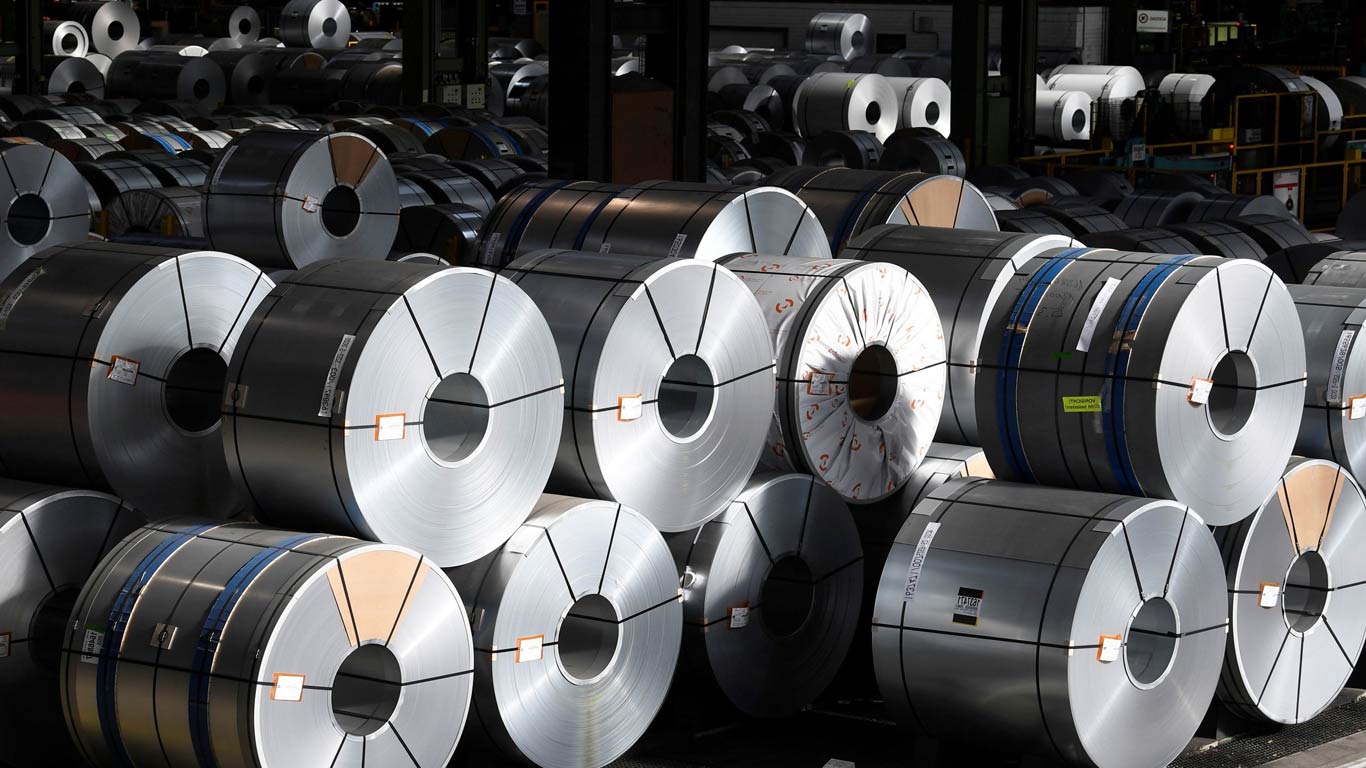At 96th position, India lags behind several countries in facilitating trade
Updated: Apr 02, 2014 12:34:17pm

United Kingdom leads the G20 economies in the Enabling Trade Index, followed by Germany and Japan.
WEF’s Global Enabling Trade Report 2014 has showed that emerging markets still have far to go to implement practical trade reforms, in line with the WTO Bali agreement. Pointing out that failure to tackle trade barriers puts economic and social progress at risk; it lists inefficiencies, red tape and poor infrastructure among key issues preventing economies from fully reaping the benefits of trade.
“Barriers to trade are holding back the global economic recovery. Many governments are still failing to enact sometimes straightforward reforms that could have a far-reaching effect on growth and social progress, said a WEF press release yesterday.
The report’s Enabling Trade Index indicates that the world’s large emerging economies face enormous challenges as they seek to enable trade and progress to the next stage of their development. Among the BRICs, China, the world’s largest exporter, ranks 54th out of 138 economies, a few notches ahead of South Africa (59th).
Brazil (86th), India (96th) and the Russian Federation (105th) appear in the bottom half of the ranking. Turkey (56th) leads the MINT group, ahead of Indonesia (58th) and Mexico (61st). Nigeria (124th) is near the bottom.
“Common barriers to trade in the developing and emerging world include red tape at borders, corruption, inadequate infrastructure, and low levels of security. Among advanced economies, most apply low import tariffs, but some, such as Switzerland, Norway and EU members, have complex tariff regimes that are hard to navigate and act as barriers to trade, too,” it said.
The good news is that some of these barriers, such as inefficiencies related to border clearance, can be removed relatively quickly, at a low cost and using limited political capital. The Report points to a number of success stories, including Chile (8th), Malaysia (25th), and Mauritius (29th) that have been able to considerably improve their standing through targeted reforms and investments.
The Global Enabling Trade Report 2014 assesses the performance of 138 economies, in four areas: market access; border administration; infrastructure; and the operating environment. At the top end of the rankings, the Index shows Singapore, Hong Kong SAR, and the Netherlands as the most successful countries in terms of enabling trade.
“After several difficult years trying to advance the Doha Round, the Bali package, with the Trade Facilitation Agreement at its centre, provides a much-needed window to focus on eliminating the practical obstacles to trade. In this light, we believe the report’s unique measurements will help leaders to identify successful policies and areas for improvement,” said Espen Barth Eide, Managing Director, World Economic Forum.
The assessment is based on the Enabling Trade Index, a methodology that measures the extent to which economies have in place institutions, policies, infrastructures and services facilitating the free flow of goods over borders and to their destination. These trade-enabling factors are organized in seven pillars: 1) domestic market access; 2) foreign market access; 3) efficiency and transparency of border administration; 4) availability and quality of transport infrastructure; 5) availability and quality of transport services; 6) availability and use of ICTs; and 7) operating environment. For this fifth edition of the report, the framework has been improved and enriched with a number of new indicators.
To measure these various aspects, a total of 56 individual indicators were sourced from various organizations, including the International Trade Centre, the World Trade Organization, the United Nations Conference on Trade and Development, the World Bank, the Global Express Association, as well as World Economic Forum’s Executive Opinion Survey.
The World Economic Forum’s Enabling Trade initiative works to reduce practical barriers to trade. The platform hosts a series of high-level industry-ministerial workshops focused on practical steps to boost trade, building on an annual index and report. The index and report help countries in their efforts to integrate global value chains and companies with their investment decisions. It is intended to be used as a motivator for change and a foundation for dialogue. (KNN/ES)











